Documentary Posts on Crowch
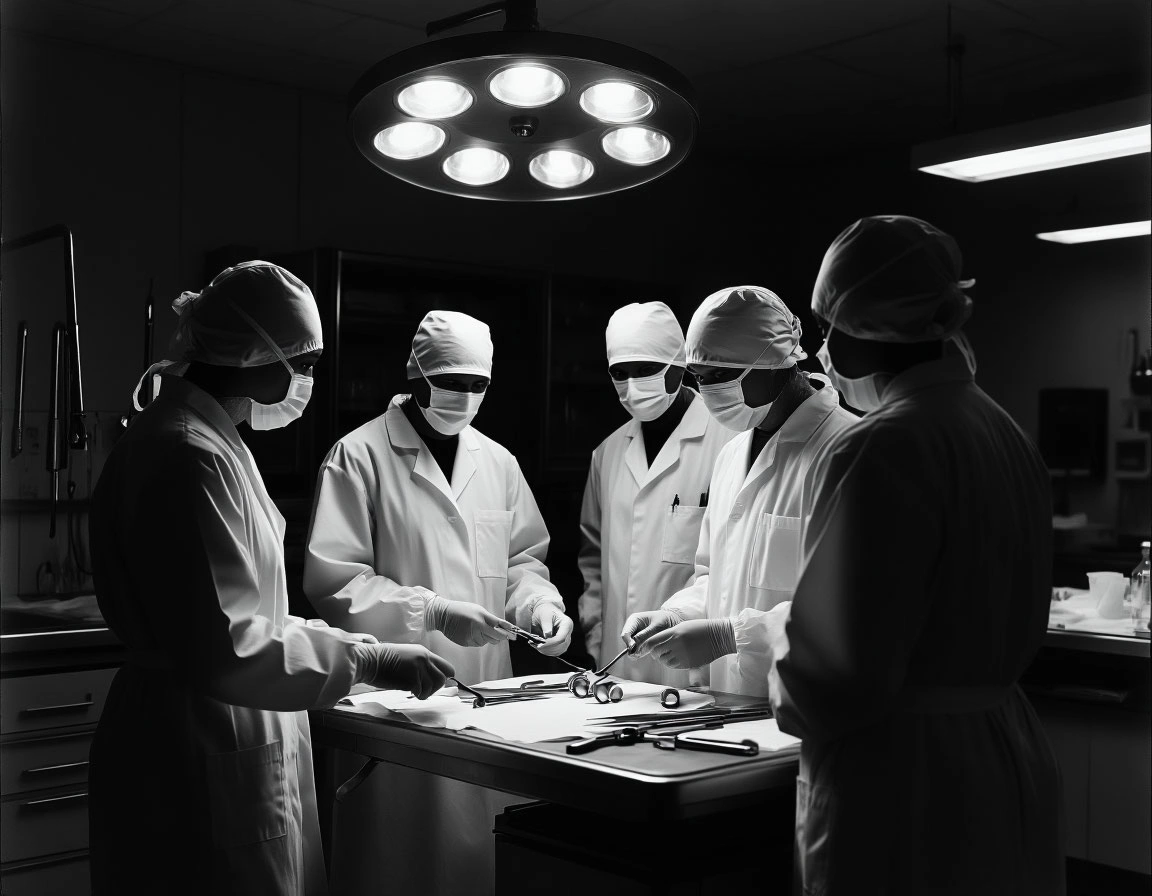
Cinema has always had a soft spot for the dangers of unchecked science. With the release of The Institute, based on Stephen King's chilling novel, the trope of unethical experiments — especially on children — returns with renewed relevance. But this is far from the first time we’ve seen brilliant minds cross terrifying boundaries. Let’s revisit ten unforgettable stories where scientific ambition turns into a nightmare.
🧠 The Institute (2025)
In this gripping new series, 12-year-old genius Luke wakes up in a sinister facility known only as “The Institute.” It secretly gathers children with telekinetic and telepathic abilities — not to protect them, but to exploit them. Cold, heartless doctors conduct brutal tests daily. But Luke, smarter than most, plots a daring escape, risking everything to rescue his newfound friends.
Based on one of Stephen King's recent novels, the show mixes psychological horror with emotional depth. Ben Barnes delivers a standout performance as a courageous cop who gets drawn into the mystery.
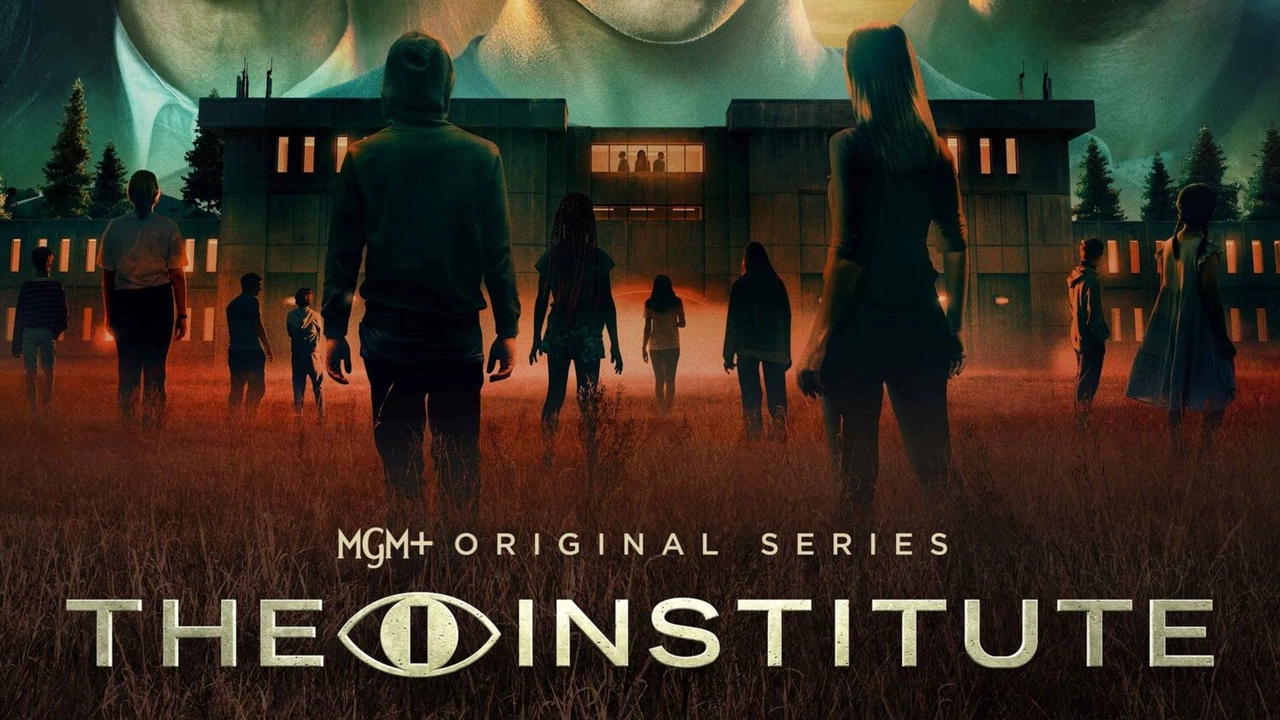
🦟 The Fly (1986)
David Cronenberg’s masterful remake of the 1958 classic redefines body horror. Jeff Goldblum plays an eccentric scientist who invents a teleportation machine. But when he tests it on himself, a fly sneaks into the chamber — merging their DNA in a grotesque transformation.
Through phenomenal practical effects, the film explores the breakdown of the human body and mind in terrifying detail. It’s both tragic and grotesque — a modern Frankenstein that sticks with you long after the credits.
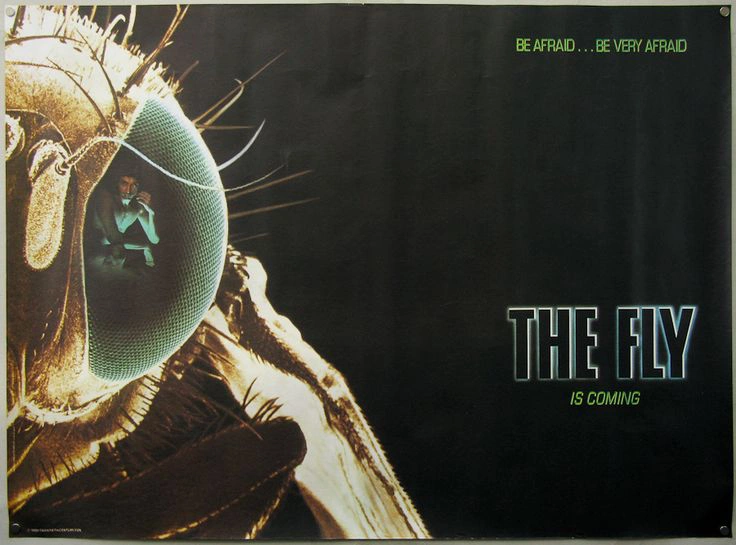
🧪 Re-Animator (1985)
This wild, gruesome adaptation of H.P. Lovecraft’s work injects absurdity into resurrection. A young medical student discovers a glowing serum that brings the dead back — but not without consequences. The revived are mindless, violent, and horrifyingly unpredictable.
Part horror, part black comedy, Re-Animator embraces camp and chaos. It’s a cult favorite known for its over-the-top gore and unrestrained performances.
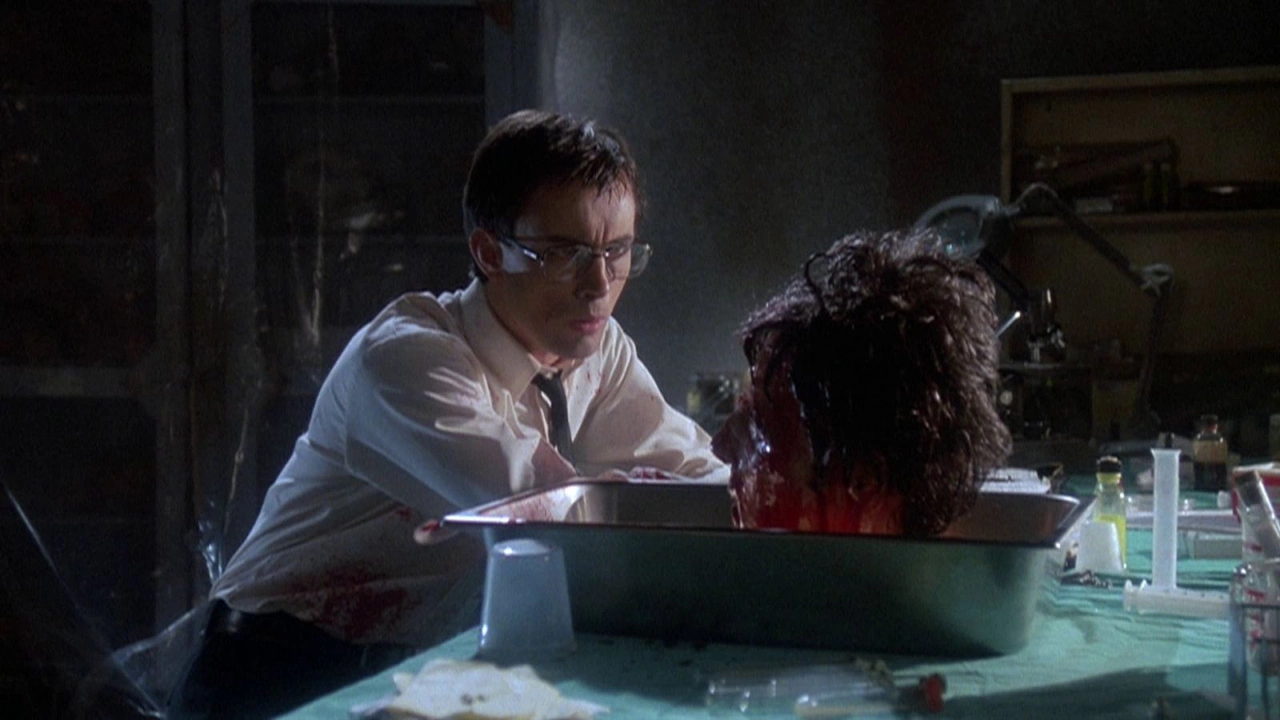
🧬 Altered States (1980)
A scientist obsessed with the origins of consciousness subjects himself to sensory deprivation and hallucinogens — with shocking results. He begins to regress biologically, transforming into primal life forms.
This cerebral film is a trippy blend of evolutionary theory and psychedelic visuals. It’s not just horror — it’s a philosophical descent into what it means to be human.
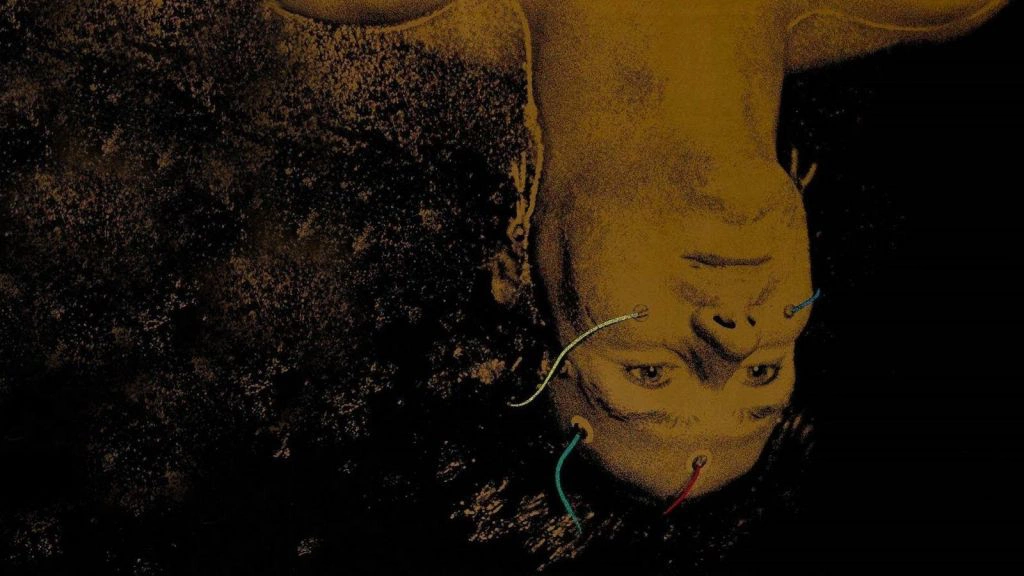
🪱 The Human Centipede (2009)
Infamous for its repulsiveness, this grotesque horror film introduces a deranged surgeon who surgically joins three people into a single digestive system. As shocking as it is disgusting, the film gained notoriety for testing the boundaries of viewer endurance.
The first entry in the trilogy remains the most restrained, focusing on the psychological terror of bodily imprisonment and dehumanization.
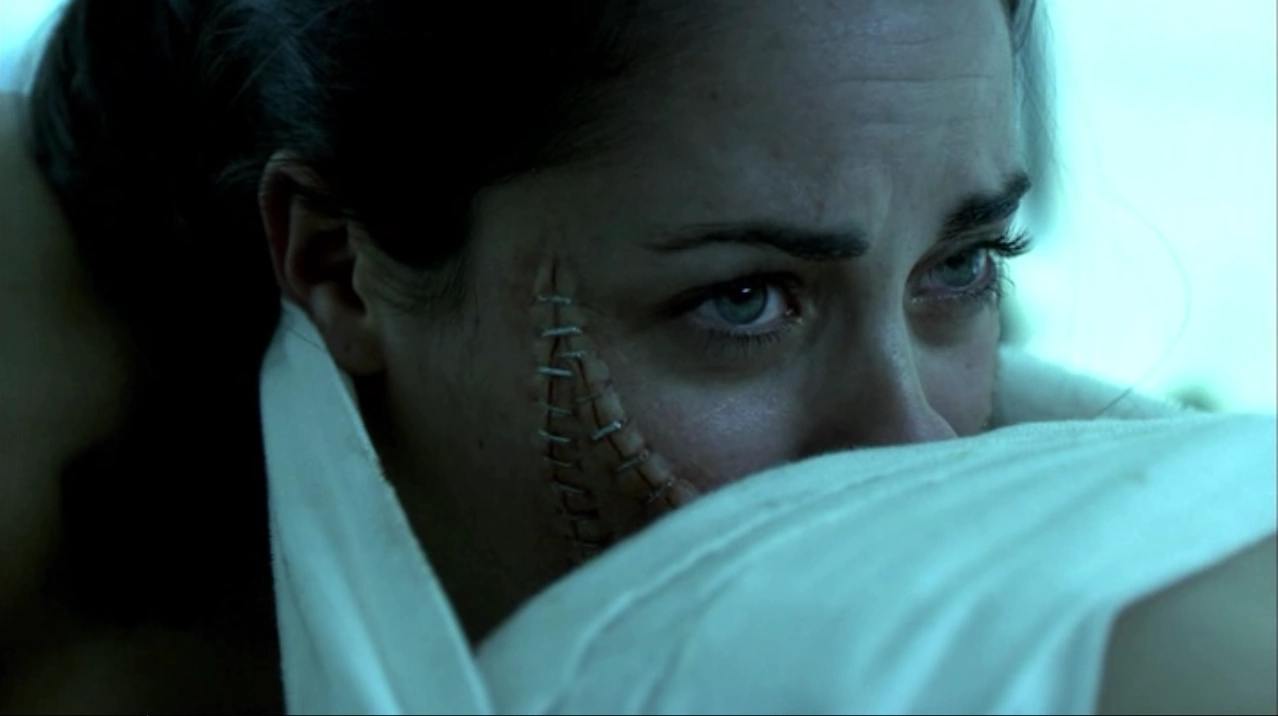
🌑 The Void (2016)
A wounded stranger is brought to a quiet hospital just before a terrifying night begins. Paranormal events spiral out of control as cultists surround the building. Scientific experimentation, occultism, and interdimensional horror collide in this unpredictable blend of Lovecraftian dread and classic genre rules.
Unlike most films, the true nature of the “science” behind the terror only reveals itself at the very end.
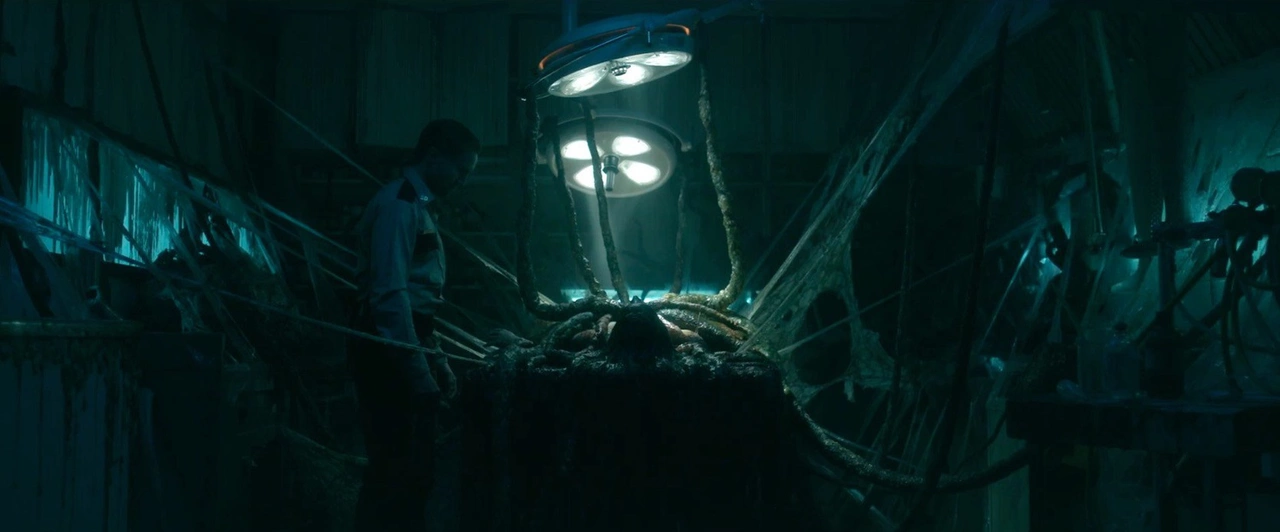
🧠 Why These Stories Linger
These films and shows tap into a shared fear: the line between scientific curiosity and moral collapse. Whether it’s telepathy, resurrection, gene editing, or consciousness expansion, the question remains — how far is too far? When intellect outweighs empathy, and discovery becomes obsession, horror is never far behind. These stories are cautionary tales, surreal nightmares, and tragic dramas — but above all, they remind us that science without limits can turn into true madness. Which of these twisted experiments would you dare to watch (or rewatch)? Let your morbid curiosity lead the way. 🧪📺
In July 2025, fans will witness the highly anticipated return of Dexter Morgan—the iconic antihero from the cult thriller series Dexter. In the new show Dexter: Resurrection, created by Clyde Phillips for Paramount+ and Showtime, Michael C. Hall reprises his role as Dexter, haunted by the shadows of his past. Picking up after New Blood, Dexter lands in New York City on the trail of his son Harrison, while Captain Batista refuses to let go in the search for truth. With co-stars like Peter Dinklage, Uma Thurman, and Ntare Mwine, the series is not just about hunting killers—it explores the fragile balance of identity when one's past resurfaces in a new world. Michael C. Hall portrays not just Dexter’s calculated charm, but also the vulnerability of a man struggling to control his darkness, especially when paternal bonds collide with instinctual habits.
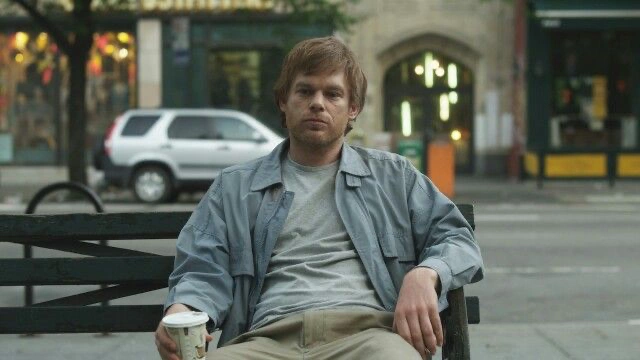
Dexter: Resurrection – A Dark Legacy Reawakened
In July 2025, fans of psychological thrillers and morally complex characters will be drawn once again into the chilling world of Dexter Morgan. The legendary antihero returns in Dexter: Resurrection, a bold new continuation of the story that captivated millions. Created by original showrunner Clyde Phillips for Paramount+ and Showtime, the series promises to push boundaries even further than before, delivering suspense, emotional depth, and gripping drama.
Michael C. Hall steps back into the blood-splattered shoes of Dexter, portraying him with the same magnetic intensity that made the character a pop culture phenomenon. But this time, Dexter is older, more haunted, and navigating a world where his secrets are no longer safely buried. After the explosive events of Dexter: New Blood, the story picks up with Dexter hiding in the shadows of New York City, following the faint trail of his estranged son Harrison.
Now a young man with a complicated past of his own, Harrison has inherited more than just his father’s name—he’s inherited the darkness that runs in the family. As Dexter tries to reconnect and guide his son, he is forced to confront uncomfortable truths about his legacy and the monster he might have passed down.
Adding layers to the drama is the relentless pursuit of Captain Angel Batista, who remains convinced that not all was as it seemed in Iron Lake. Batista's obsession with the truth grows as new clues emerge, pulling him into Dexter’s orbit once more and threatening to expose everything.
The series introduces a stellar supporting cast:
- Peter Dinklage plays a brilliant but morally ambiguous FBI profiler whose past cases may be linked to Dexter’s path.
- Uma Thurman takes on the role of a cold and calculating psychiatrist who sees through Dexter in ways no one has before.
- Ntare Guma Mbaho Mwine joins as a conflicted NYPD detective torn between justice and loyalty.
Unlike its predecessors, Dexter: Resurrection isn’t just about vigilante justice—it’s about what happens when redemption and destruction walk the same line. New York serves as a stark, impersonal setting compared to Miami’s familiar warmth, emphasizing Dexter’s isolation and the emotional weight of his choices.
Expect darker themes, more intricate character development, and a deeper psychological exploration. Dexter is no longer the predator who operates in the shadows—he’s a father, a fugitive, and a man grappling with the consequences of his former life.
The show explores timeless questions: Can people truly change? Is evil inherited, or shaped by environment? And perhaps most importantly—can love survive the truth?
Dexter: Resurrection is not just a revival. It’s a reckoning.
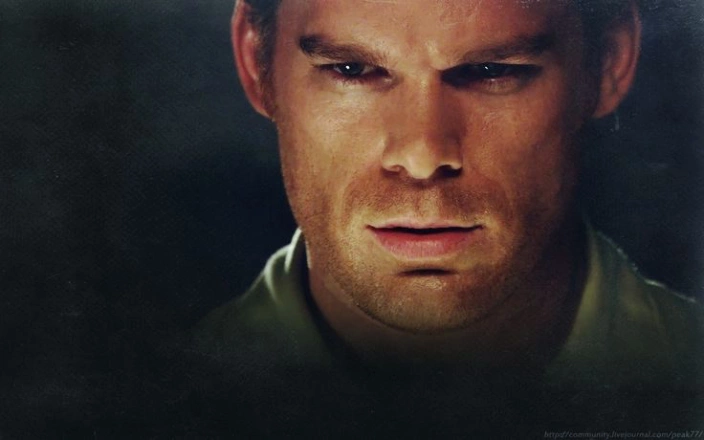
Pedro Pascal has already proven himself a consummate actor—from the charming Din Djarin in The Mandalorian to complex characters in Game of Thrones and The Last of Us. In Materialists, he plays Harry—a wealthy, polished suitor whose outward perfection conceals emotional emptiness .
Pascal masterfully treads the line between reliability and aloofness, painting Harry as a well-intentioned man grappling with insecurity. He becomes the personification of modern success: impressive on the surface, but grappling with loneliness beneath.
🎥 Why he's compelling:
- He deepens his dramatic range with nuanced roles.
- Challenges stereotypes by showing that ideal facades can mask profound complexity.
- Continues his shift from action to emotionally layered performances.
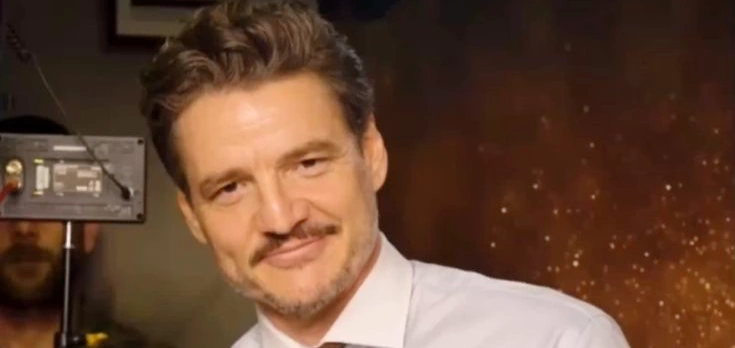
Materialists unfolds in the heart of Manhattan’s glossy social scene — a world of curated lives, glass towers, designer everything, and relationships built as much on perception as on intimacy. At the center of this world is Harry, portrayed by Pedro Pascal in one of his most quietly devastating performances to date. A man of effortless charm and financial ease, Harry navigates elite circles with practiced grace. He knows how to say the right thing, wear the right clothes, and be the person others expect him to be. But beneath the tailored suits and quiet dinners, there’s a man in search of something he can’t buy: real connection.
The film, written and directed by Celine Song (Past Lives), explores the modern romantic dilemma: what happens when emotional depth is out of sync with social performance? Harry isn’t a villain or a manipulator — he’s someone who has built his identity around being wanted but never truly known. His relationships feel like business transactions, often cordial, rarely intimate. His vulnerability, when it emerges, is not theatrical but unsettlingly honest — a quiet admission that he doesn’t know how to be fully seen without the armor of his success.
As the narrative unfolds, we watch Harry’s relationship with a younger artist named Grace — played by Ayo Edebiri — become the axis on which his carefully structured world begins to tilt. Grace comes from a background untouched by generational wealth and is deeply committed to authenticity. Where Harry operates in polished restraint, Grace is messy, unpredictable, and emotionally open. Their dynamic becomes both magnetic and volatile: attraction complicated by misaligned values and unspoken fears.
Pascal plays Harry not as a man in crisis, but as a man quietly aware that something is missing. In one of the film’s most affecting moments, he hosts a dinner party filled with laughter, wine, and artful conversation — only to stand alone afterward in a dimly lit kitchen, listening to the silence. That emptiness isn’t just situational; it’s existential.
The cinematography mirrors Harry’s internal struggle — wide, clean compositions give the illusion of stability, but shadows creep in at the edges. Pascal’s performance is often defined by restraint: a flicker of disappointment in his eyes, a hand that lingers too long on a wine glass, the silence between spoken lines. He embodies a character who is not tragic in the traditional sense, but quietly, modernly lost.
Materialists is a film not about romance, but about the illusion of fulfillment — what happens when we pursue the life we’re told to want, only to discover it doesn’t fit. Harry represents a generation of men taught to provide, impress, and lead, but not necessarily to connect. Pascal’s portrayal digs into this space with intelligence and sensitivity, offering no easy answers — only a portrait of someone trying, failing, and trying again.
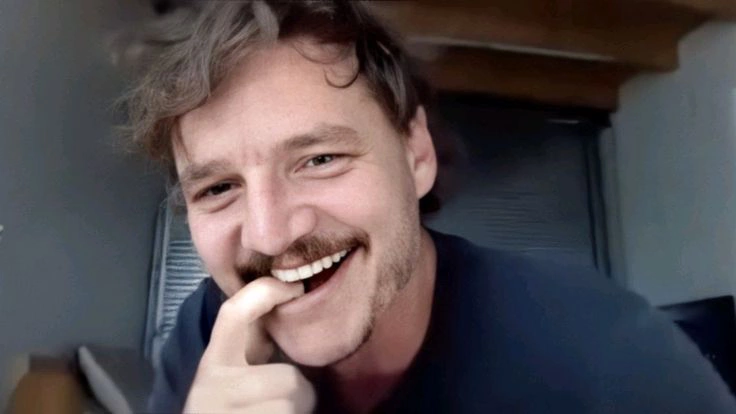
As Pedro Pascal continues his evolution from genre icon to layered dramatic actor, Materialists serves as a pivotal moment. It's a story that doesn’t rely on spectacle or archetypes but instead leans into subtlety, complexity, and contradiction. And in doing so, Pascal reminds audiences why he remains one of the most compelling actors of his generation: he doesn’t just perform roles — he inhabits people.
In February 2025, audiences will encounter The Clockmaker’s Paradox, a philosophical thriller helmed by director Julia Min and co-written with David Levine. The cast includes Eddie Redmayne, Emily Blunt, and Benedict Cumberbatch.
The story unfolds after historian Marie Lefevre (Blunt) discovers a 17th-century Swiss clockmaker’s workshop filled with temporal mechanisms. Activating one device throws her into a temporal loop. Theoretical physicist James Harper (Redmayne) joins her to decipher time-bending enigmas, while Victor (Cumberbatch) — a wealthy collector — sees an opportunity to control destiny.
The narrative shifts from Geneva to Paris catacombs to Victorian London, weaving intellectual intrigue, betrayal, and existential debate. How far should one go in mastering time? Should the past remain untouched?
Visually, the film features muted color palettes, intricate reflections through clockwork glass, and vintage cinematography. Composer Luca Jauhar’s score uses microtonal themes to evoke a sense of distorted time — a rumbling auditory clock.
The Clockmaker’s Paradox premieres on February 14, 2025, at the Berlin International Film Festival, with a wide release scheduled for March. It’s a dream match for fans of cerebral cinema, historical mysteries, and noir aesthetics.